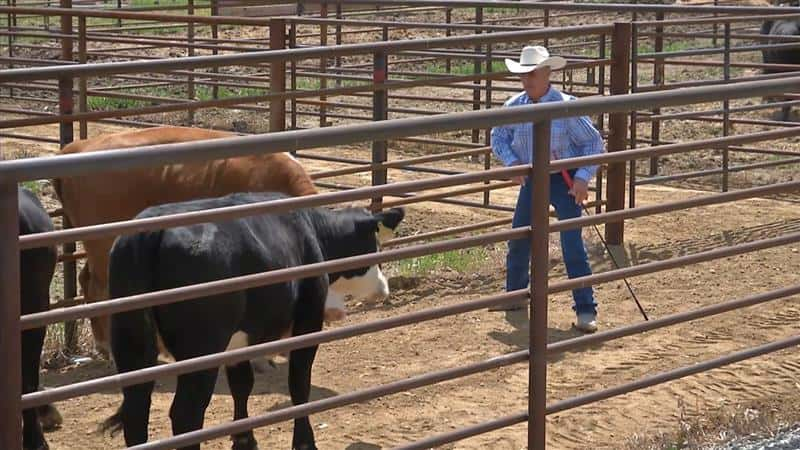Earlier this year, several beef packers announced they would require Beef Quality Assurance (BQA) certification from fed cattle suppliers, starting Jan. 1, 2019. Leaders from Tyson and Cargill say this effort is driven by beef retailers and consumers, who are asking for more information about how cattle are raised.
Cargill is on schedule to meet its commitment for 90{c78344d3e29215303d5d40d52b11c16d78bfae3d066d03ae10a9b147abb03b47} of its suppliers being compliant by the end of 2018. “We support both BQA and the BQA Transportation because we believe it is the right thing to do for caring for, and handling, cattle,” says Lacey Alexander, Cargill’s animal welfare lead for beef .
“Consumers and customers want to know more about the beef they buy and additional assurance cattle producers are doing what’s right for the animals they raise,” says Gary Mickelson, Tyson spokesperson. “Our beef industry has a great story to share, and consumers are listening. Most have never been to a farm and may not know the day-to-day practices that go into caring for animals. However, they want to know that animals raised for food are properly cared for by all operators in the supply chain. They want to make buying decisions with confidence that animals used produce the meat, and leather, they buy, were treated in a way that aligns with their values.”
Tyson is also a major supplier to Wendy’s, who says they are committed to sourcing 100{c78344d3e29215303d5d40d52b11c16d78bfae3d066d03ae10a9b147abb03b47} BQA Certified beef.
Additionally, Tyson will require BQA Transportation certification of all transporters delivering cattle to our facilities by Jan. 1, 2020.
Created By Cattlemen For Cattlemen
“A key positive is these companies turned to an industry-accepted program instead of requiring additional certifications,” says Chase DeCoite, director of the Beef Quality Assurance program. “It’s a kudos to beef producers that had the forethought to start a quality initiative 30 years ago.”
DeCoite says using the current BQA guidelines, they can offer consumers greater transparency in how food production animals are raised. “This is a program by cattlemen for cattlemen.”
Several questions have been raised about the requirement, specifically who in the beef supply chain needs to be certified. As the requirement states, producers supplying fed cattle would need to provide certification. Many livestock markets have extended that to all cattle sellers, so producers should check with their marketing partners to ensure they are prepared before transporting cattle. Two separate certifications cover the sale and transport of cattle. One is for those that sell to packers and another is for those that transport cattle to a packer.
How to Get Certified
Producers, feedlot workers and transporters have two ways to complete certification.
Online certification at www.BQA.org is free. The online training program can be completed at the producer’s or transporter’s own pace in an interactive manner. The site was redesigned in 2017 to offer a better user experience as well as top education tools.
Producers can also attend in-person BQA trainings through many state associations. “We are working with our state coordinators to get these events scheduled and shared on BQA.org,” DeCoite says.
“As of Oct. 31, 2018, we’ve had more than 38,000 certifications completed online, with more than 60,000 enrolled in the online platform. As producers work through the program at their own pace, we’ll see those enrollments move to complete certifications. In-person certifications total 58,000 this year,” DeCoite says.
Year-over-year, the BQA program has more than doubled certifications each month.
Source: Drovers


